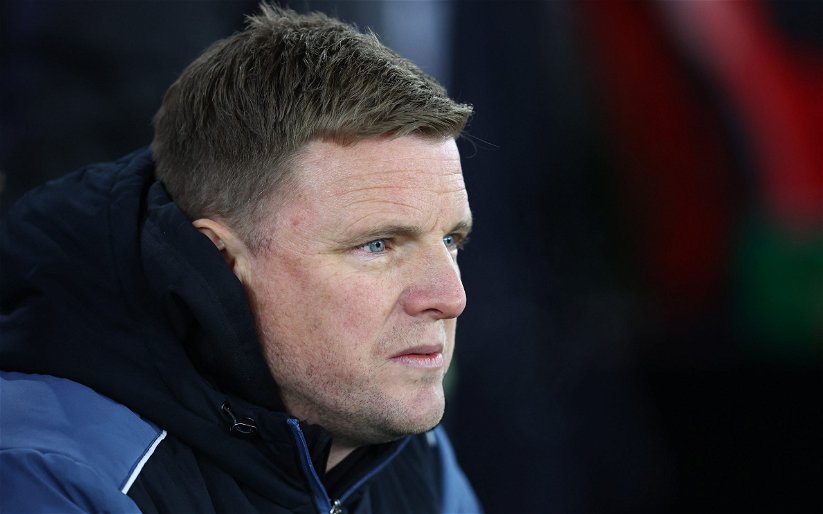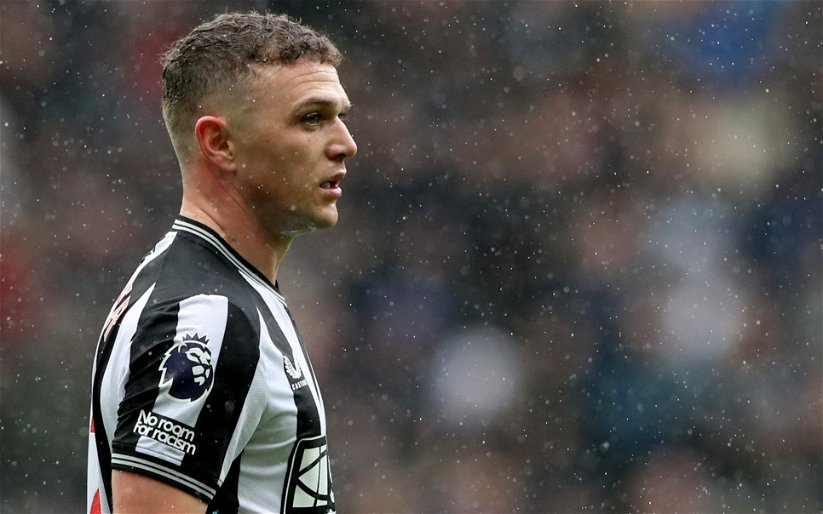 When I was very young, before the days of Premiership football, live steaming, Super Sundays and message boards, I relied on newspaper match reports. Their words shaped much of how I thought about teams and players. Only when I became a regular attendee did I realised what drivel was being written.
When I was very young, before the days of Premiership football, live steaming, Super Sundays and message boards, I relied on newspaper match reports. Their words shaped much of how I thought about teams and players. Only when I became a regular attendee did I realised what drivel was being written.
Ok, not drivel – but I realised that people were seeing games very differently to how I was, and the match reports were nothing more than opinion pieces much of the time. Many a time you can watch a match with a friend and see things in a totally different way. Your man of the match is someone your friend thought was terrible. Even with 100 slow-mos and multiple angles you’ll still get wildly different opinions on whether an incident was a penalty, or a red card or a dive.
In the modern world of access-all-areas, how much do we need match reports? I never read them as one way or the other I will have seen the match, and so don’t need someone else to summarise it for me, but that’s just a personal choice. Sunday papers are known to sell better during the football season, so it seems their coverage is important to many. You may have seen a match, but when your new signing has scored a hat trick on his debut, you may want to read every match report possible.
And journalists alone do not have access to breaking news. Twitter will break any story instantly, with or without journalists, and will spread malicious rumours in much the same way. The age of instant news has also put great doubt over the newspapers themselves. Exclusives are no longer the domain of the morning paper, as by then most people will already know the story. Add to this that agents and the truthful “in-the-knowers” can keep fans up to date with transfer stories, and that plenty of normal fans have an inside line to clubs, and what are reporters providing that’s unique? What’s more, quality bloggers like the Swiss Ramble have no constraints on space, and no deadlines.
Even Joey Barton, in a week of tweeting Nietzsche, the musings of Wittgenstein and calling Brian Woolnough a nugget, found time to say that the press won’t exist in ten years’ time. Wishful thinking on his behalf, but you can see the logic of his point.
What football journalists do have is contacts and access to areas we normal fans don’t (Old Trafford excepted). They get interviews with players and managers, get briefed on stories and get into press conferences. They have plenty of worth in what they can tell us. With experience comes relationships with those in the game, which bring insight and information that might not otherwise be known.
And many write excellently of course, such as Martin Samuel, Daniel Taylor or the financial investigations of David Conn. Quality football “writers” are plentiful (see also Jonathan Wilson). But this is more about the need for reporters rather than writers.
Times have changed, and the way news is reported has entered a new era that has made many old methods redundant. Newspapers have faced difficult times for decades, and the football journalists are no different, as they are no longer the sole bearers of news. Increasingly they know that times have changed, and have looked to branch out, be it appearing on radio shows, podcasts, or nibbling on a croissant on the Sunday Supplement panel. There will always be a role for sports reporting in newspapers in this country, but in future, it may well be less about exclusives and more about fulfilling a much broader media role. The competition for them is now huge, but they still have a vital role to play.
Written by Howard Hockin
NothingButNewcastle.com is looking for writers. If you love the Toon get in touch at nothingbutnewcastle@snack-media.com



